Business
Nairobi’s Economic Paralysis: Sh10.4 Billion Lost in Single Day as Police Lockdown Precedes Saba Saba Protests
The city contributes 27.5 percent of Kenya’s Sh16.2 trillion GDP, with a per capita GCP of Sh802,344 nearly three times the national average of Sh293,229.
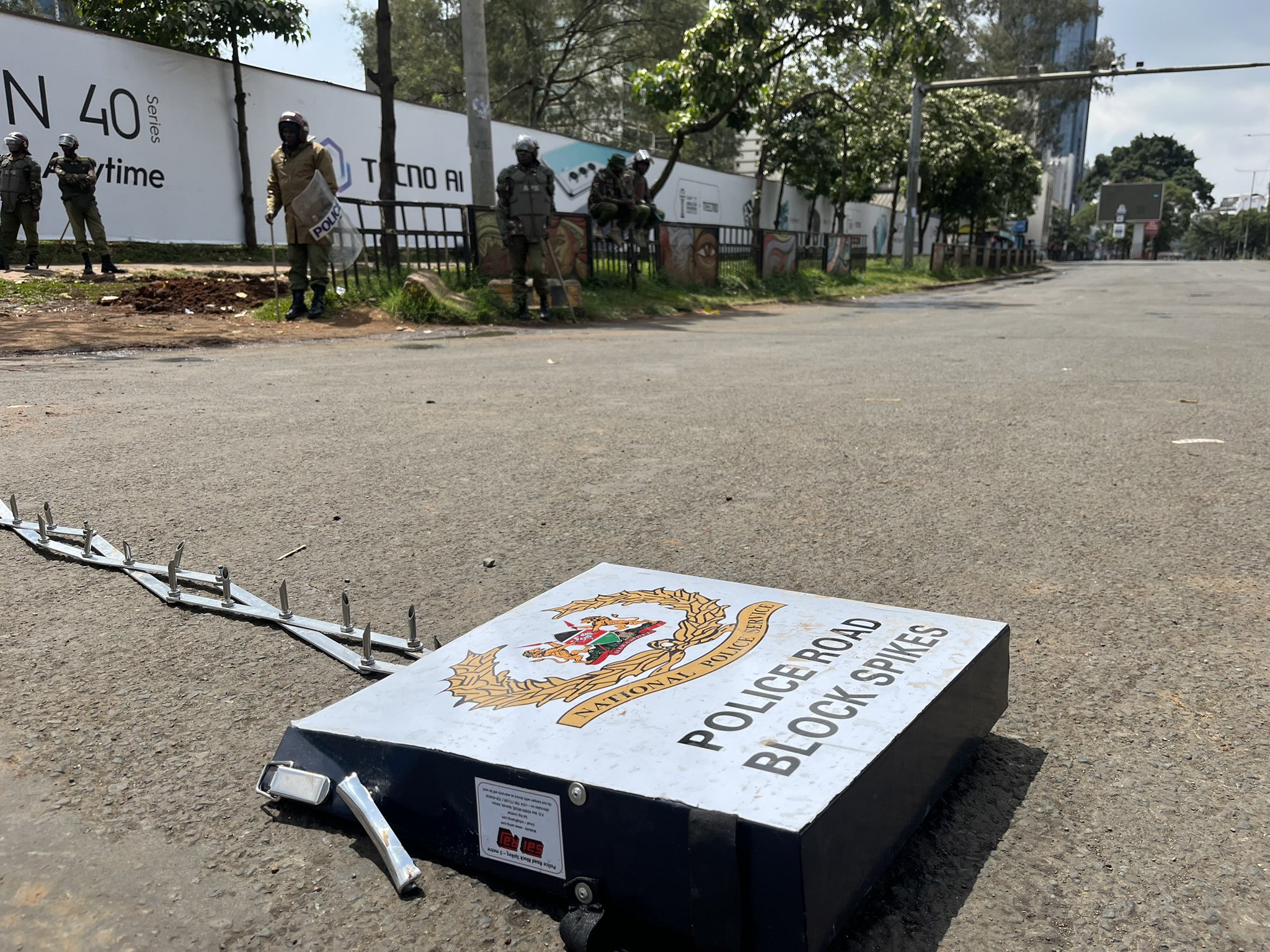
Security measures aimed at preventing demonstrations bring capital to unprecedented standstill
The bustling streets of Nairobi fell silent on Monday as police cordoned off key areas across the city, creating an economic ghost town that cost the capital an estimated Sh10.4 billion in lost productivity.
What was meant to be a preemptive security measure ahead of anticipated Saba Saba protests transformed into one of the most expensive single days of economic inactivity in the city’s recent history.
The figure represents Nairobi’s entire daily economic output, calculated from the county’s annual Gross County Product of Sh3.8 trillion.
By dawn, the normally congested arteries of commerce—from Moi Avenue to the Central Business District—resembled scenes from a post-apocalyptic film.
Office towers remained dark, shop shutters stayed down, and the characteristic hum of urban activity was replaced by the occasional rumble of police vehicles on patrol.
The financial services sector, which pumps Sh885.6 billion annually into Nairobi’s economy, bore the heaviest brunt.
Major banks, including DTB, issued public notices explaining their decision to keep branches closed, citing staff and customer safety concerns.
The real estate sector (Sh628.4 billion annually) and transport and storage (Sh581.2 billion) followed suit, creating a domino effect across the economy.
The lockdown’s impact extended beyond Nairobi’s borders, disrupting trade and logistics chains that connect the capital to neighboring counties.
While these secondary losses remain unquantified, they likely added millions more to the economic toll.
This economic freeze highlights Nairobi’s vulnerability to political disruptions, despite its position as East Africa’s financial hub.
The city contributes 27.5 percent of Kenya’s Sh16.2 trillion GDP, with a per capita GCP of Sh802,344—nearly three times the national average of Sh293,229.
The irony was not lost on many observers: in attempting to maintain order, authorities effectively achieved what the protesters might have sought—a complete shutdown of business activity.
The day’s events raise critical questions about the cost-benefit analysis of such heavy-handed security measures.
As business owners counted their losses and employees wondered about their daily wages, the Sh10.4 billion figure became more than just a statistic.
It represented missed opportunities, disrupted livelihoods, and the delicate balance between security and economic vitality in Kenya’s capital.
While the lockdown proved temporary, its economic scars serve as a stark reminder of how quickly political tensions can paralyze a modern economy.
For a city that never sleeps, Monday’s silence spoke volumes about the price of fear in the marketplace.
The challenge now lies in preventing such economic paralysis from becoming a recurring feature of Kenya’s political calendar, as investor confidence and business stability hang in the balance.
Kenya Insights allows guest blogging, if you want to be published on Kenya’s most authoritative and accurate blog, have an expose, news TIPS, story angles, human interest stories, drop us an email on [email protected] or via Telegram
-
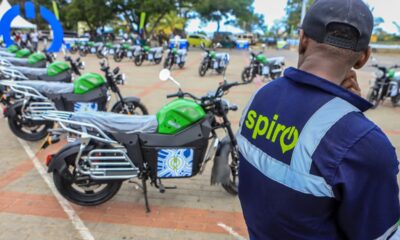
 Business1 week ago
Business1 week ago‘They’re Criminals,’ Popular Radio Presenter Rapcha The Sayantist Accuses Electric Bike Firm Spiro of Fraudulent Practices
-

 Business7 days ago
Business7 days agoIt’s a Carbon Trading Firm: What Kenyans Need to Know About Spiro’s Business Model Amid Damning Allegations of Predatory Lending
-
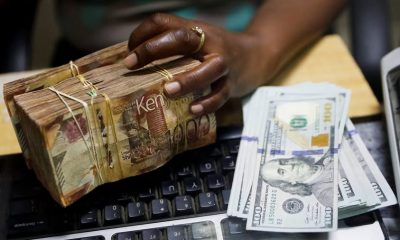
 Business6 days ago
Business6 days agoManager Flees Safaricom-Linked Sacco As Fears Of Investors Losing Savings Becomes Imminent
-

 Investigations1 week ago
Investigations1 week agoDisgraced Kuscco Boss Arnold Munene Moves To Gag Media After Expose Linking Him To Alleged Sh1.7 Billion Fraud
-

 News2 weeks ago
News2 weeks agoTemporary Reprieve As Mohamed Jaffer Wins Mombasa Land Compensation Despite Losing LPG Monopoly and Bitter Fallout With Johos
-
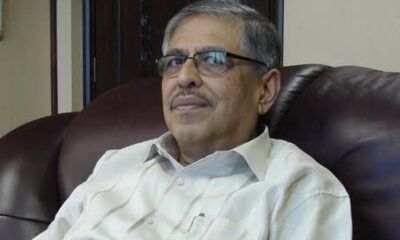
 News7 days ago
News7 days agoWoman Accused in High Defamation Blames AI As Case Exposes How Mombasa Billionaire Mohamed Jaffer Allegedly Sponsored Smear Campaign Linking Joho’s Family To Drug Trafficking
-

 Investigations2 weeks ago
Investigations2 weeks agoFrom Daily Bribes to Billions Frozen: The Jambopay Empire Crumbles as CEO Danson Muchemi’s Scandal-Plagued Past Catches Up
-
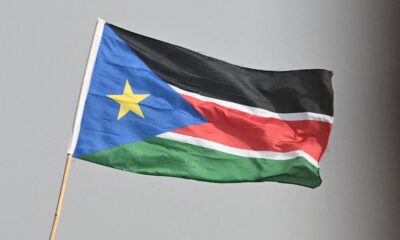
 Africa1 week ago
Africa1 week agoDisgraced Oil Trader Idris Taha Sneaks Into Juba as Empire Crumbles









